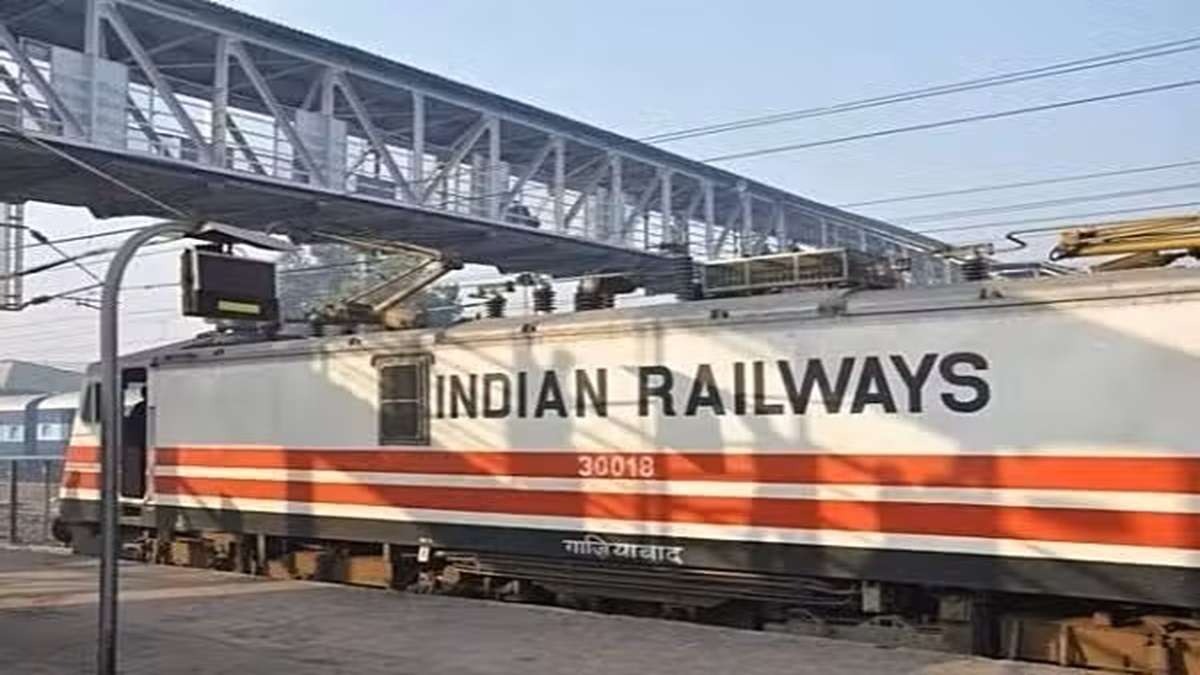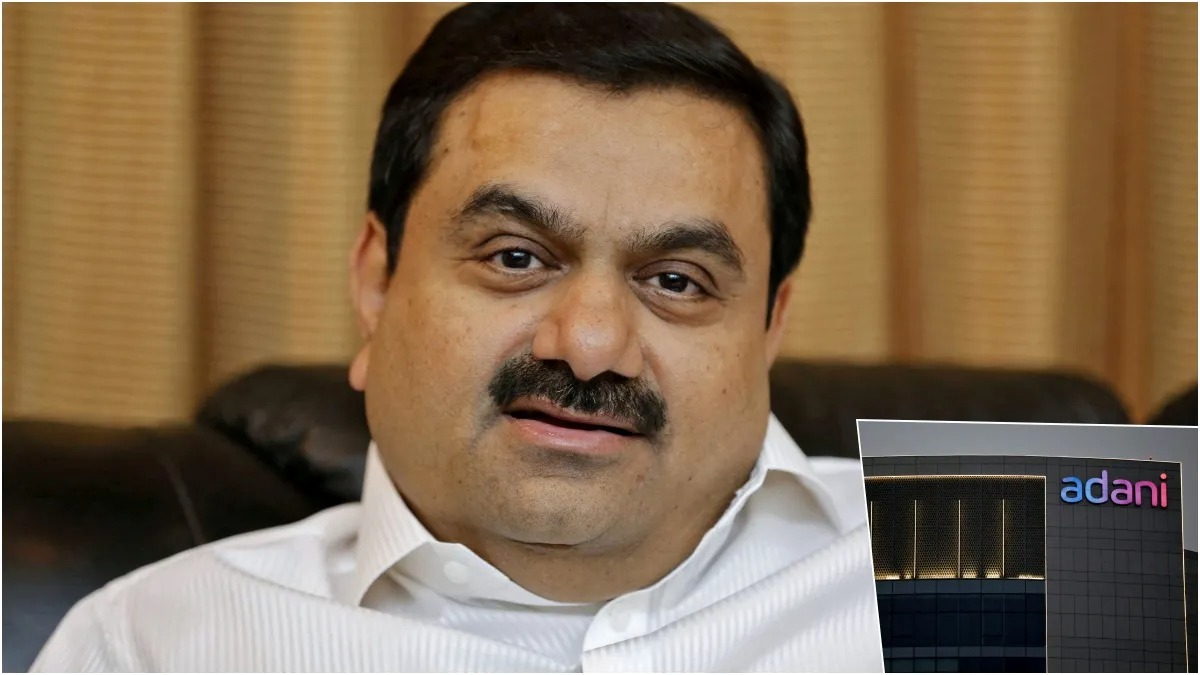
Business: With the festive season of Diwali and Chhath Puja approaching, railway stations across India are witnessing massive crowds as people rush to go home. Booking a confirmed train ticket during this period is a challenge, and many passengers find their tickets in various waiting list categories. Here’s a breakdown of the types of waiting lists in Indian Railways and what each means for the chances of getting a confirmed seat.
Different types of Waiting List Tickets
1. General Waiting List (WL)
The most common waiting list code is WL which indicates a General Waiting List. Tickets in this category have relatively higher chances of confirmation. For example, if your ticket shows "GNWL 7/WL 6," it means that six passengers need to cancel for your ticket to get confirmed.
2. Reservation Against Cancellation (RAC)
RAC tickets indicate that two passengers share a single berth. If any confirmed ticket holders cancel, the seats are reallocated to RAC passengers. With RAC status, you are assured of a seat, even if it’s shared.
3. Pooled Quota Waiting List (PQWL)
The Pooled Quota Waiting List is used when a passenger travels between intermediate stations rather than from the train’s starting point. If a confirmed ticket is cancelled at any station along the route, PQWL passengers have a chance of getting a confirmed berth.
4. Tatkal Quota Waiting List (TQWL)
Tickets booked under the Tatkal Quota appear with the TQWL code if they go to a waiting list. These tickets have a lower chance of confirmation compared to others and are typically booked on short notice.
5. Remote Location Waiting List (RLWL)
RLWL tickets apply to passengers boarding from smaller, intermediate stations. Since berths are allocated from quotas reserved for smaller stations, the chances of confirmation in RLWL are relatively high.
6. Road Side Station Waiting List (RSWL)
RSWL tickets are issued when booking from stations near the train’s origin, where confirmation chances are typically low.
7. No Seat Berth (NOSB)
For children under 12 years of age, Railways charge a child fare without allotting a seat which is indicated by the NOSB code in PNR status.
Railways reduces time limit for advance train reservation
It should be mentioned here that the Railway Board has recently reduced the advance reservation period of seats from the existing 120 days to 60 days with effect from November 1, 2024. "It has been decided that w.e.f 01.11.2024, the existing time limit for advance reservation by trains will be reduced from 120 days to 60 days (excluding the date of journey)," a Railway Board's circular, dated Oct 16, 2024, said. All bookings done up to October 31 under the ARP (Advance Reservation Period) of 120 days will remain intact, it added.
--Advertisement--

 Desk
Desk Share
Share






